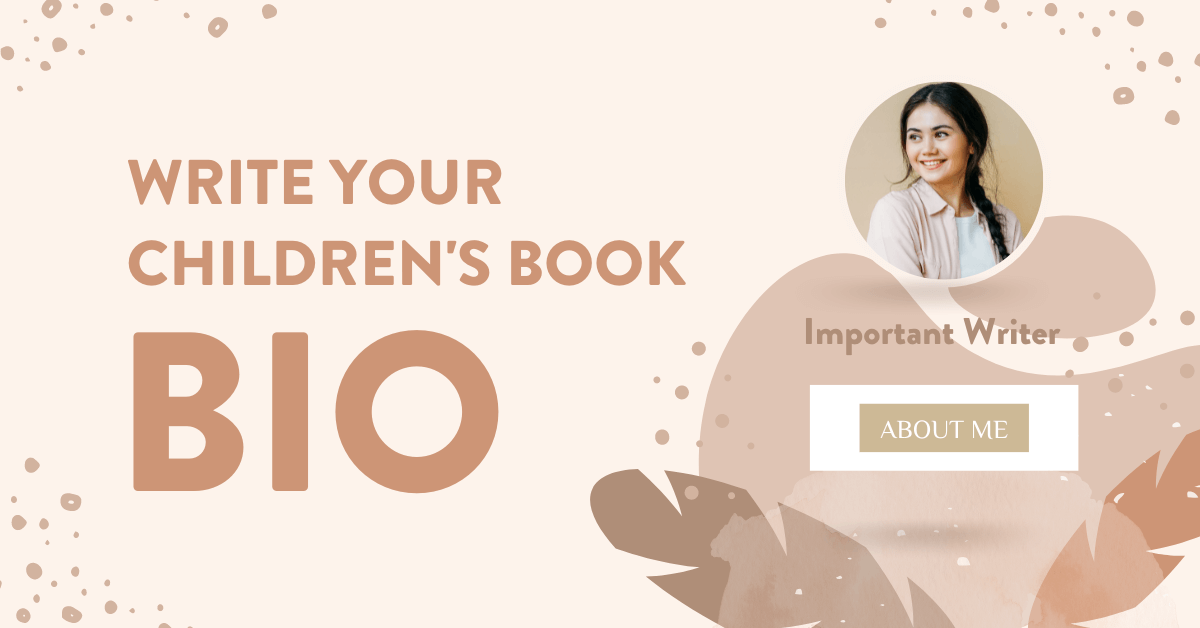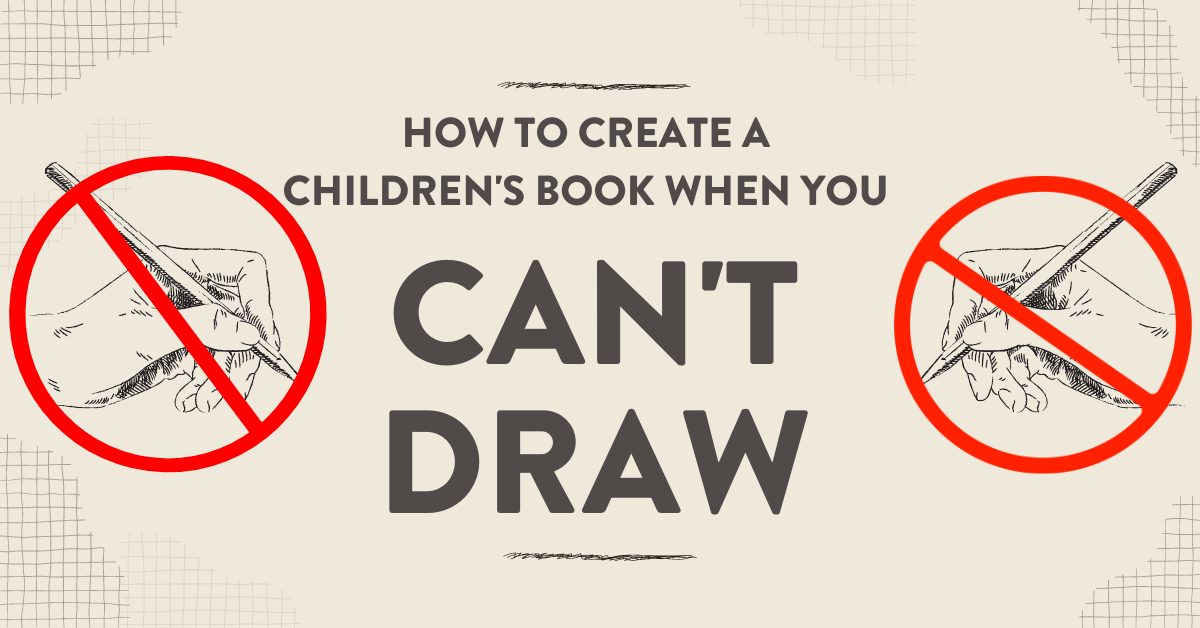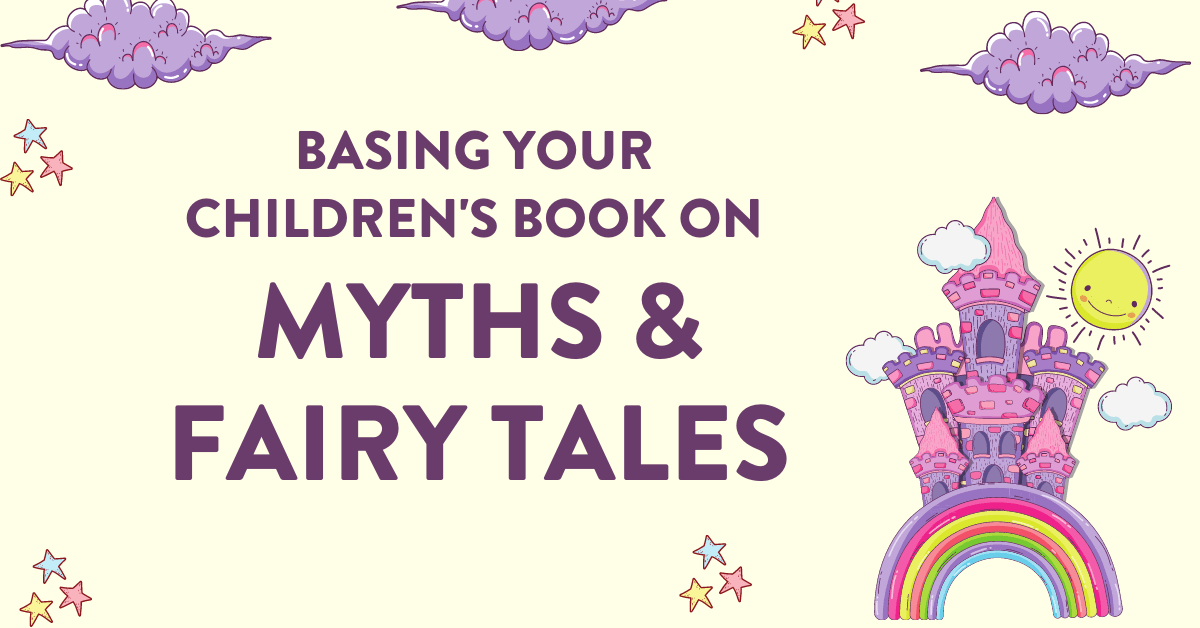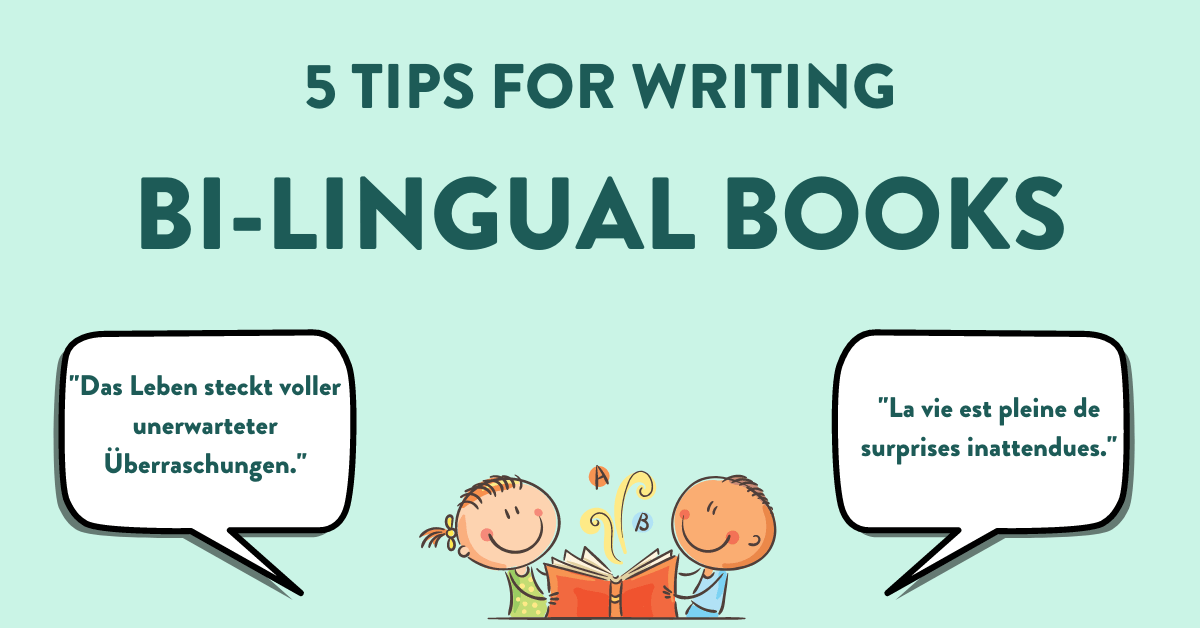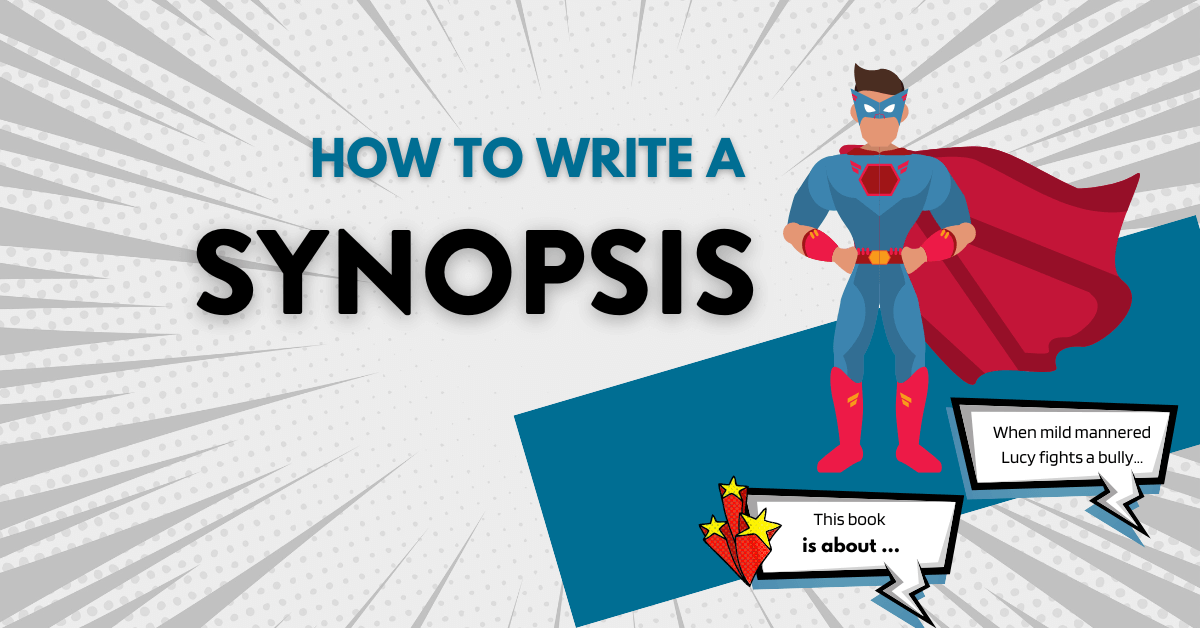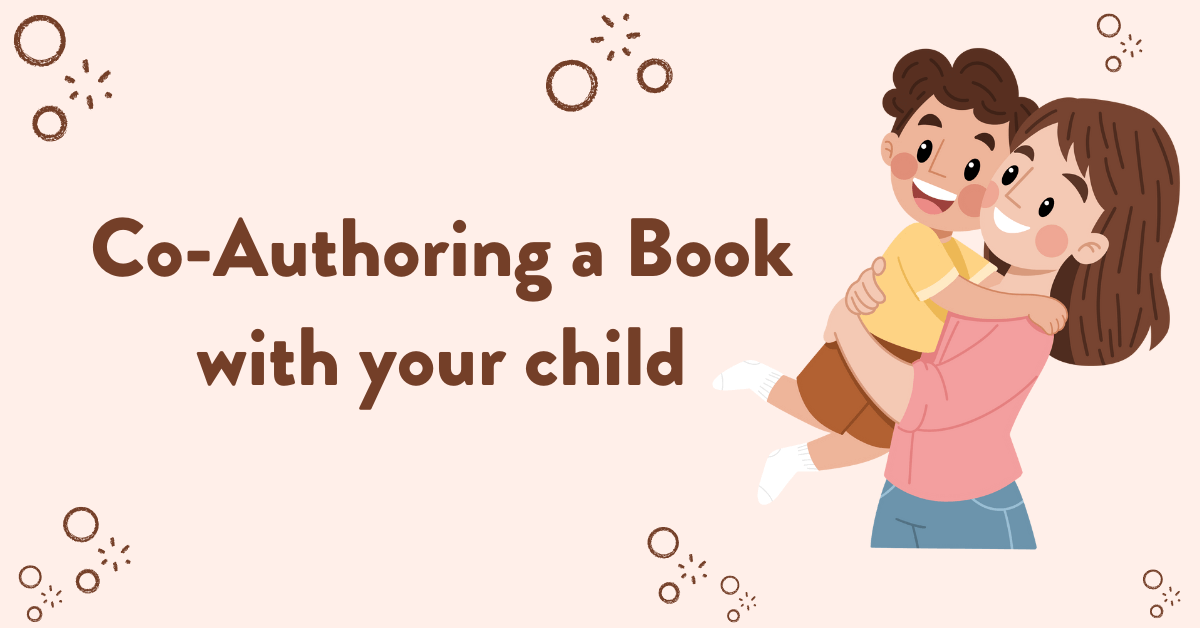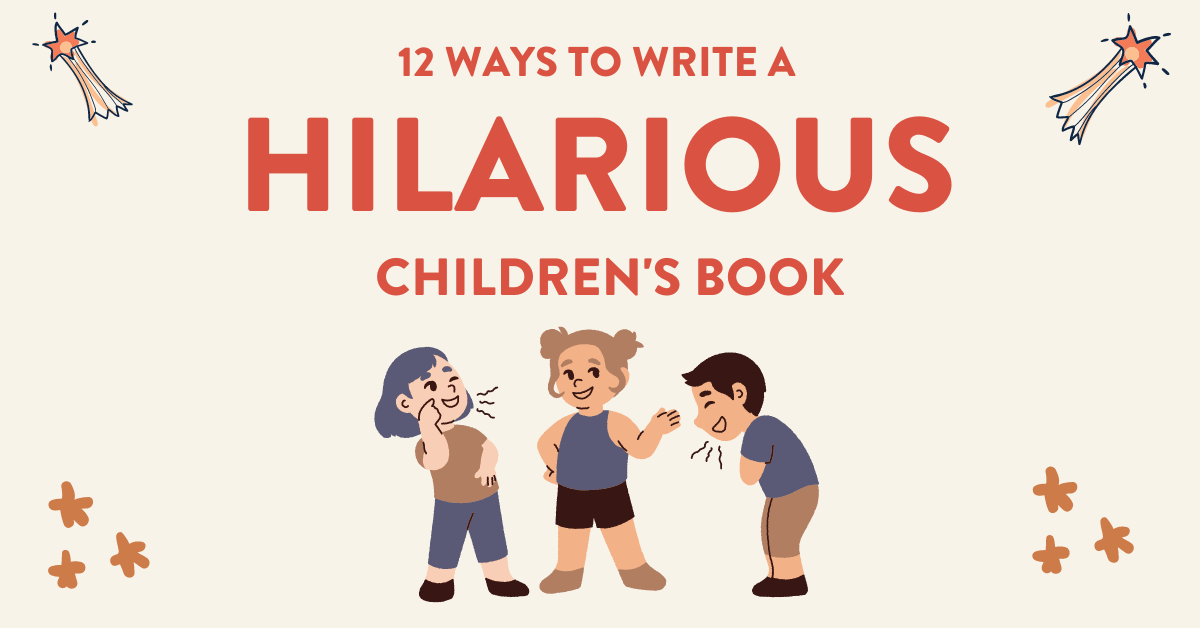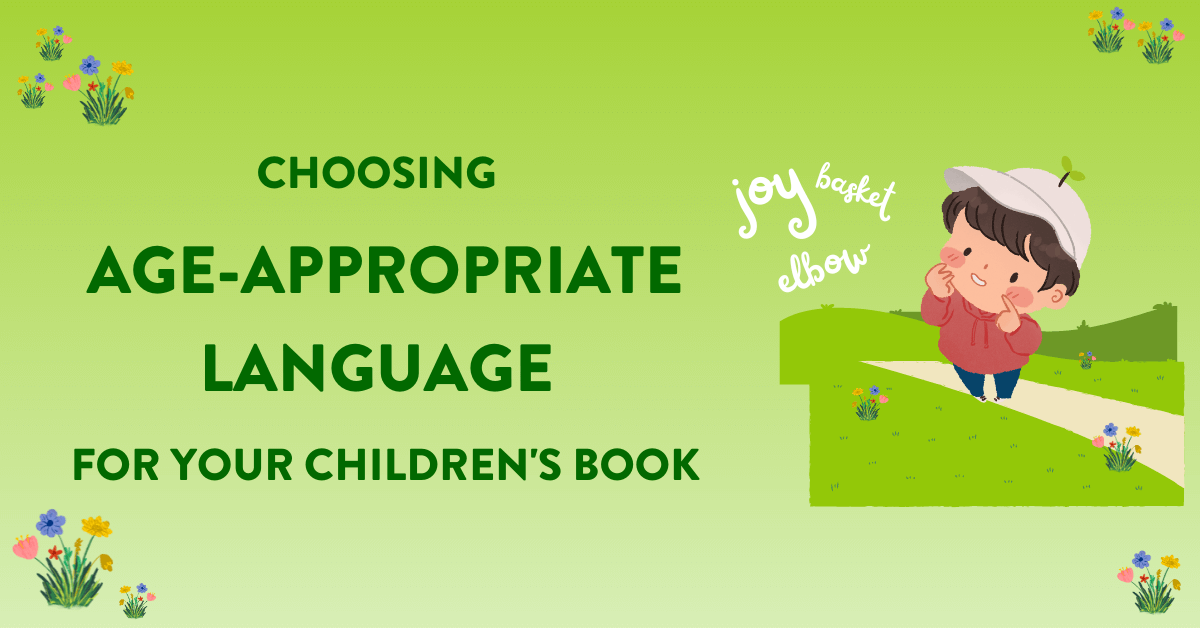Oh, a children’s book author bio! Now, we’re talking about a real art form here. Unlike those run-of-the-mill professional bios you see on LinkedIn or corporate websites, writing a children’s book author bio is a whole different ball game. It’s all about grabbing attention without being stodgy, but let’s get one thing clear right away: […]
The Blog
- All posts
- All Popular Posts
- Characters
- Children's Books
- Dialogue
- Editing
- Endings
- Literary Agents
- Marketing
- Novels
- Plot
- Point of View
- Publishers
- Short Stories
- Writing Techniques
- Writing Wisdom
- How to Write a Children’s Book Bio

- How to Write a Children’s Book When You Can’t Draw

Oh, you want to write a children’s book? You’ve got that magical tale bubbling up inside you? Fantastic! But you can’t draw? Hold on, who ever said you needed to? Listen up, dear aspiring children’s author. Here’s the honest truth: You DO NOT need to draw if you want to write a children’s book. In […]
- How to Write a Kid’s Book Based on Myths or Fairy Tales

As an editor I’ve worked with a huge number of children’s books based on myths and fairy tales. They’re fun to read and authors love to reimagine these new stories for a new generation. Bookfox Press also helps authors with publishing these types of books, and the illustrations are often a ton of fun to […]
- 5 Tips when Writing Bi-Lingual Children’s Books

Ah, bilingual books! They’ve been some of the most challenging yet rewarding projects I’ve been fortunate to work on during my career as an editor. One of my first experiences was with a beautiful story that intertwined Spanish and English. One challenge was ensuring that the translation wasn’t just literal. A simple translation might miss […]
- How to Craft a Wordless Children’s Book

I’ve edited more than a thousand children’s books, but never edited one without any words at all. This is probably because most beginning writers think textually. They aren’t illustrators, so they tend to emphasize words as conveying the lion’s share of meaning in their story. However, if you look at published children’s books, there’s an […]
- 10 Tips on Writing a Perfect Kidlit Synopsis (with Examples)

If you’ve landed here, chances are you’ve crafted a beautiful children’s picture book and are now faced with the daunting task of summarizing its magic into a compact, sparkling synopsis. I know, I know: it can seem harder than actually writing the book! Just know that I’ve worked with a couple hundred children’s book authors […]
- Co-Authoring a Book with Your Kiddo

Ever thought about writing a children’s book with your child? Picture this: you, snuggled up with your kiddo, brainstorming plot twists and creating new worlds together. I’ve edited a couple dozen books written by parent/kid combos, and here’s what I’ve learned through working with them. (and I will say that I’ve really enjoyed the process […]
- 12 Ways to Write a Hilarious Children’s Book

You’ve been there: curled up on the couch, reading a children’s book to a giggling kiddo, and thinking, “Wow, I wish I could write something this funny.” Good news – you absolutely can! And with a dollop of humor and a dash of creativity, you’ll soon be on your way. Here are ten chuckle-worthy strategies, […]
- Choosing Age-Appropriate Words for your Children’s Book

The most common comment I make as a children’s book editor is: children won’t understand this word. On average, I make this comment about two to three times per manuscript, which doesn’t seem like too much, but when you consider the books are only 500 – 1000 words, it’s quite a lot! I’m constantly thinking […]
